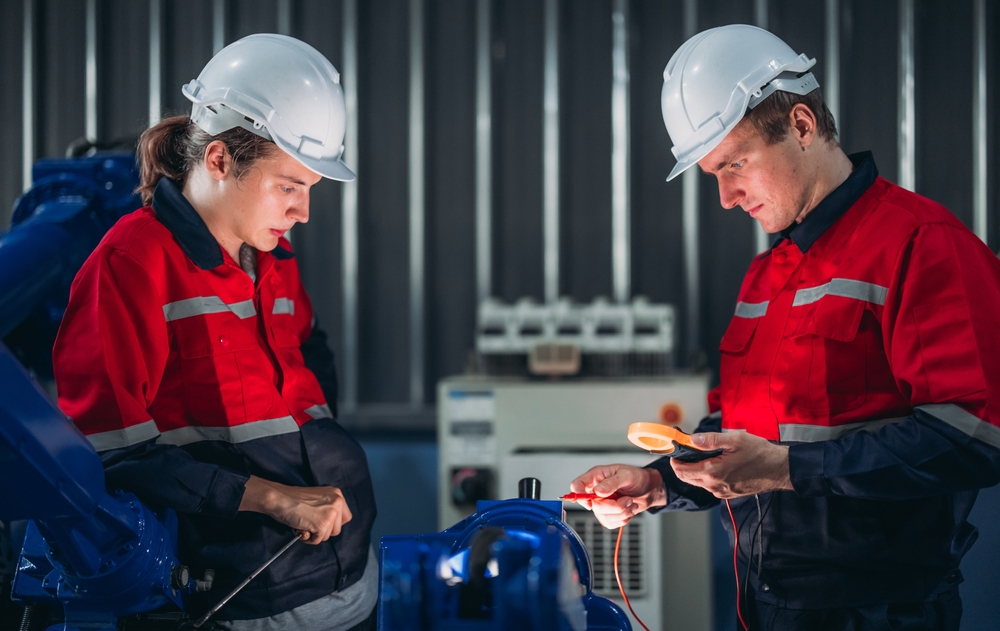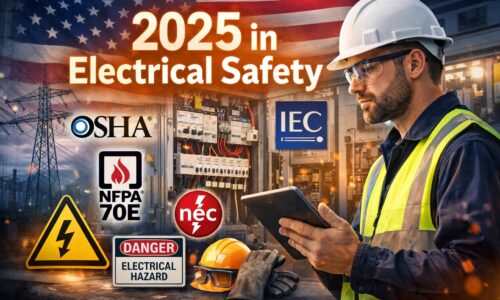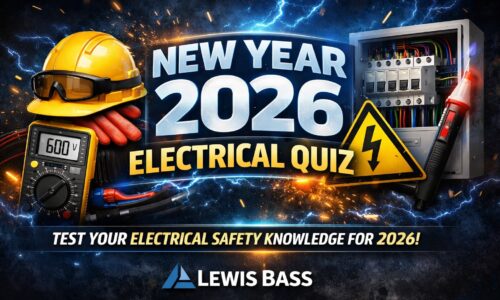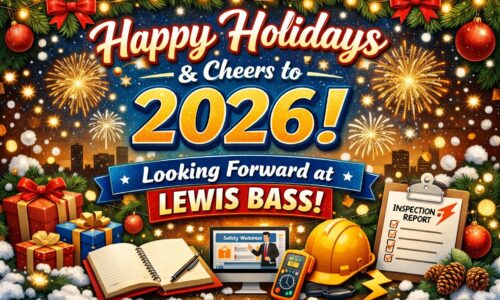Field Evaluation Bodies and Field Labeling in Electrical Work
In electrical work that involves the installation of new tools (equipment), most equipment gets the green light from a testing lab before it leaves the manufacturer.
But what happens when electricians need to install specialized gear that hasn’t been certified yet? That’s where Field Evaluation Bodies (FEBs) like Lewis Bass come into play. Let’s break down what you need to know about FEBs and why they’re essential.
What is a Field Evaluation Body (FEB)?
A Field Evaluation Body, or FEB, checks electrical or other equipment in the field to ensure it meets safety standards. Typically, Nationally Recognized Testing Laboratories (NRTLs) like CSA or QPS certify equipment in labs. However, when equipment hasn’t been pre-approved by an NRTL, the National Electrical Code (NEC) requires a field evaluation by an FEB. These bodies follow guidelines from NFPA 790 and NFPA 791 to ensure equipment safety.
It’s important to note that an FEB differs from an Authority Having Jurisdiction (AHJ). While both perform inspections, an FEB focuses on non-listed equipment to ensure it’s safe. On the other hand, an AHJ ensures all installations and materials meet NEC and local standards. Electricians should consult with their local AHJ before contacting an FEB to align on requirements.
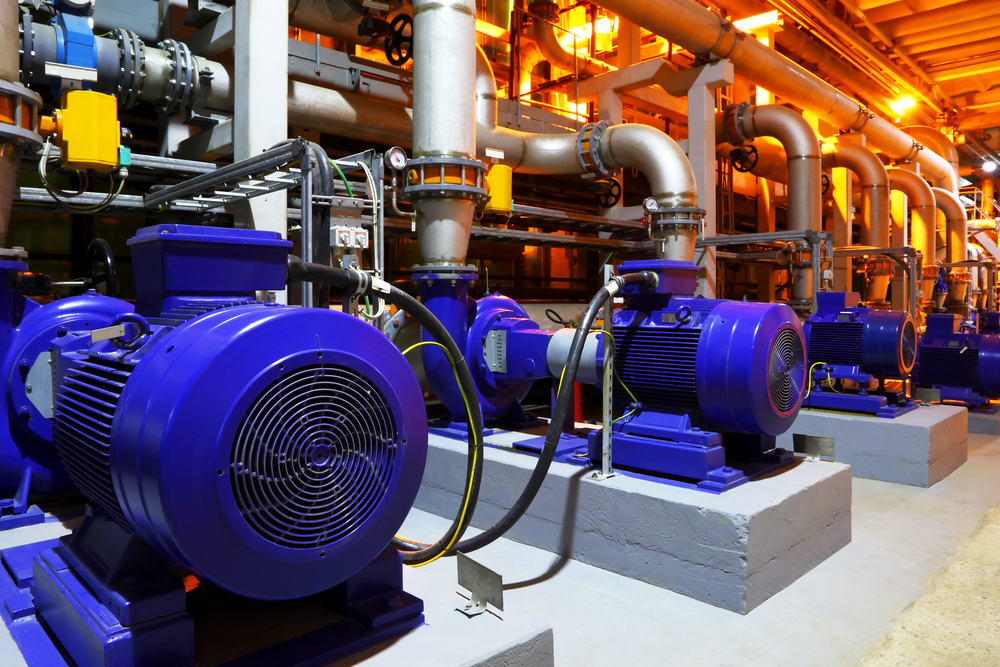
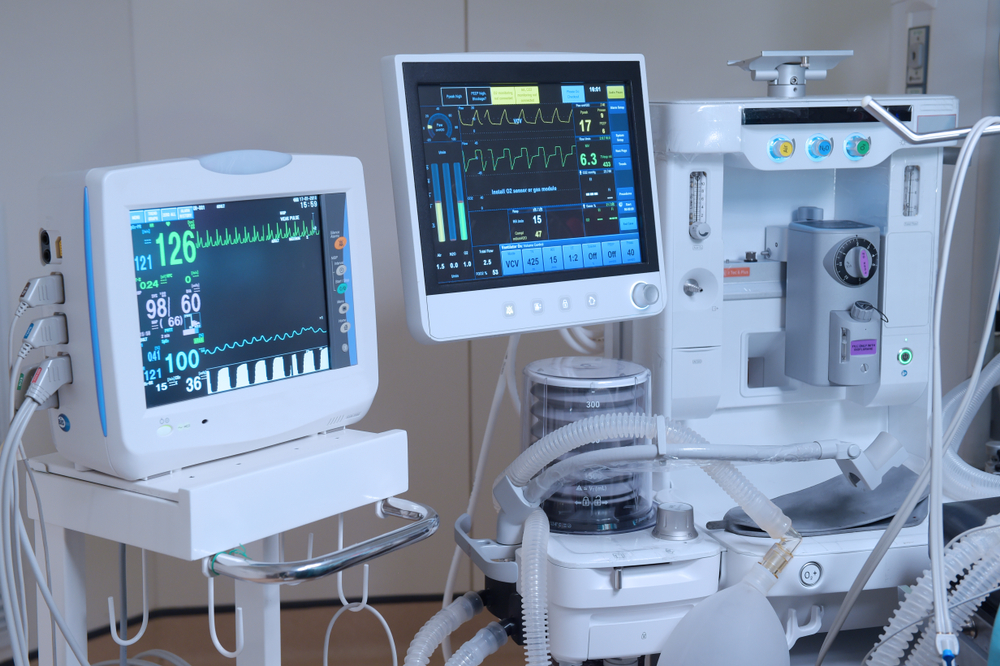

The Field Labeling Process
Once you contact an FEB, they schedule a field inspection by a qualified engineer. If the equipment needs modifications, the FEB provides recommendations. They may return for a follow-up inspection. When the FEB confirms that the equipment meets their standards, they issue a field evaluation report and apply a field label to the equipment. Lewis Bass, as an FEB, offers a clear process for field labeling equipment. If the equipment gets a punchlist, or a list of non-compliances, your company must address these before a field label is applied.
So, what does “field labeled” mean? According to the NEC, field-labeled equipment has a label, symbol, or identifying mark from an FEB, indicating the equipment has been evaluated and found compliant. This label shows that the equipment has passed safety checks. It’s not the same as being “listed” like UL Listed products. Field labeling means the equipment is safe for use as evaluated, but it doesn’t mean that all similar equipment will be considered safe in future installations. Each piece of equipment may require a new evaluation by an FEB, even if it’s similar to previously approved gear.
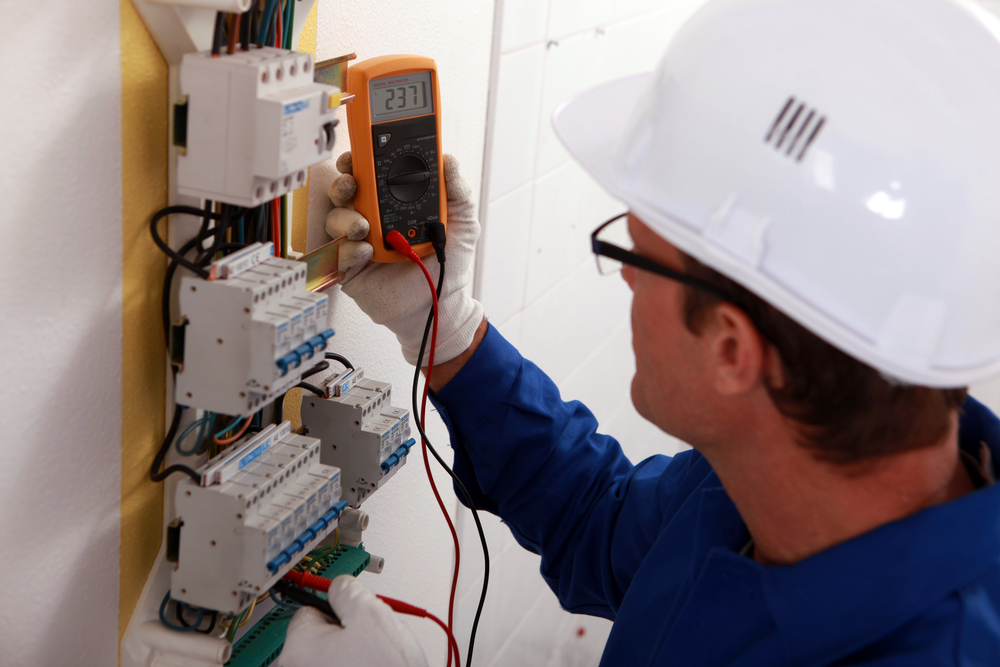
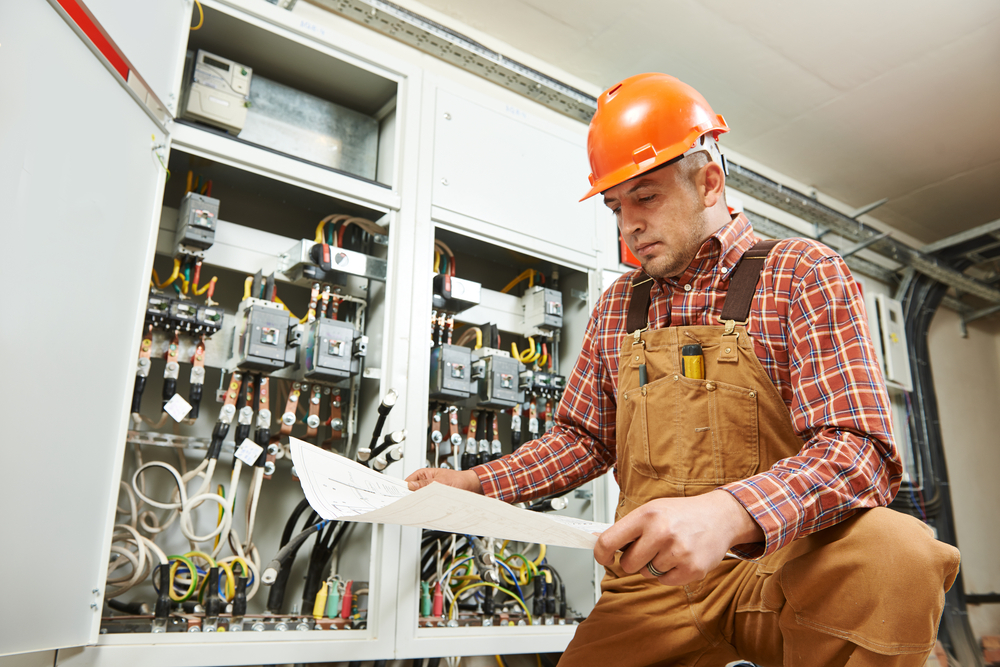
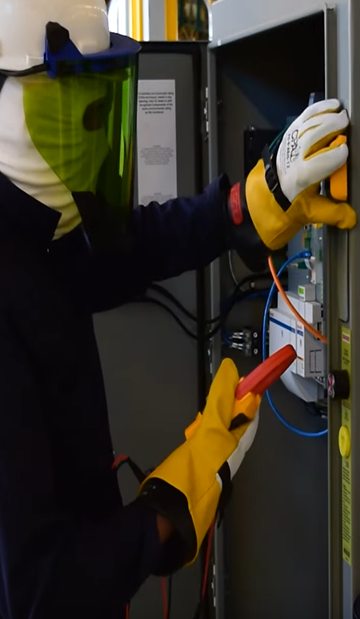
When and Where Are FEBs Needed?
FEBs and their field labels are crucial when equipment isn’t pre-certified but needs approval under NEC guidelines. This scenario often arises with new technologies like solar panels and wind turbines, where standard listings might not yet exist.
For instance, NEC Section 691.5 outlines requirements for large-scale photovoltaic (PV) electric power production facilities. Since these facilities often require custom equipment, electricians might need new gear evaluated and labeled by an FEB to gain AHJ approval.
Other Instances Requiring Field Labeling
Field labeling isn’t just for PV systems. It’s also necessary for other specialized installations, such as:
- Fuel Cell Systems (692.6)
- Interactive Inverters (705.6)
- Microgrid Interconnect Devices (705.170)
- Service Equipment (230.66)
- Wind Electric Systems (694.7)
Additional Resources
For more detailed information, consult your local AHJ first. They have the final say on FEB qualifications and can guide you through the process, potentially saving you time and money. You can also check out resources like NFPA 790 and NFPA 791 or visit the OSHA website for a list of recognized NRTLs.
Planning ahead and understanding the role of FEBs can streamline your project, potentially allowing for field labeling before the equipment even leaves the factory. This proactive approach can save installation time and help you avoid costly delays.

Do you have a need for our services?
Lewis Bass can help your team identify the most common safety issues in your facility, along with providing immediate referrals to our trusted partners to address them on your behalf.
Not sure what service you need from us?
Take our service identifier quiz here.
Are you uncertain if your equipment is unlisted or not at your facility?
Lewis Bass has you covered here as well: download our unlisted equipment self-identification flyer here.
Do you have a need for an urgent machinery evaluation?
Please reach out to us using our contact form here or call/text us directly on our office line 408-942-8000. We are always available to help with rush jobs and permit-blocking safety situations at your facility.
